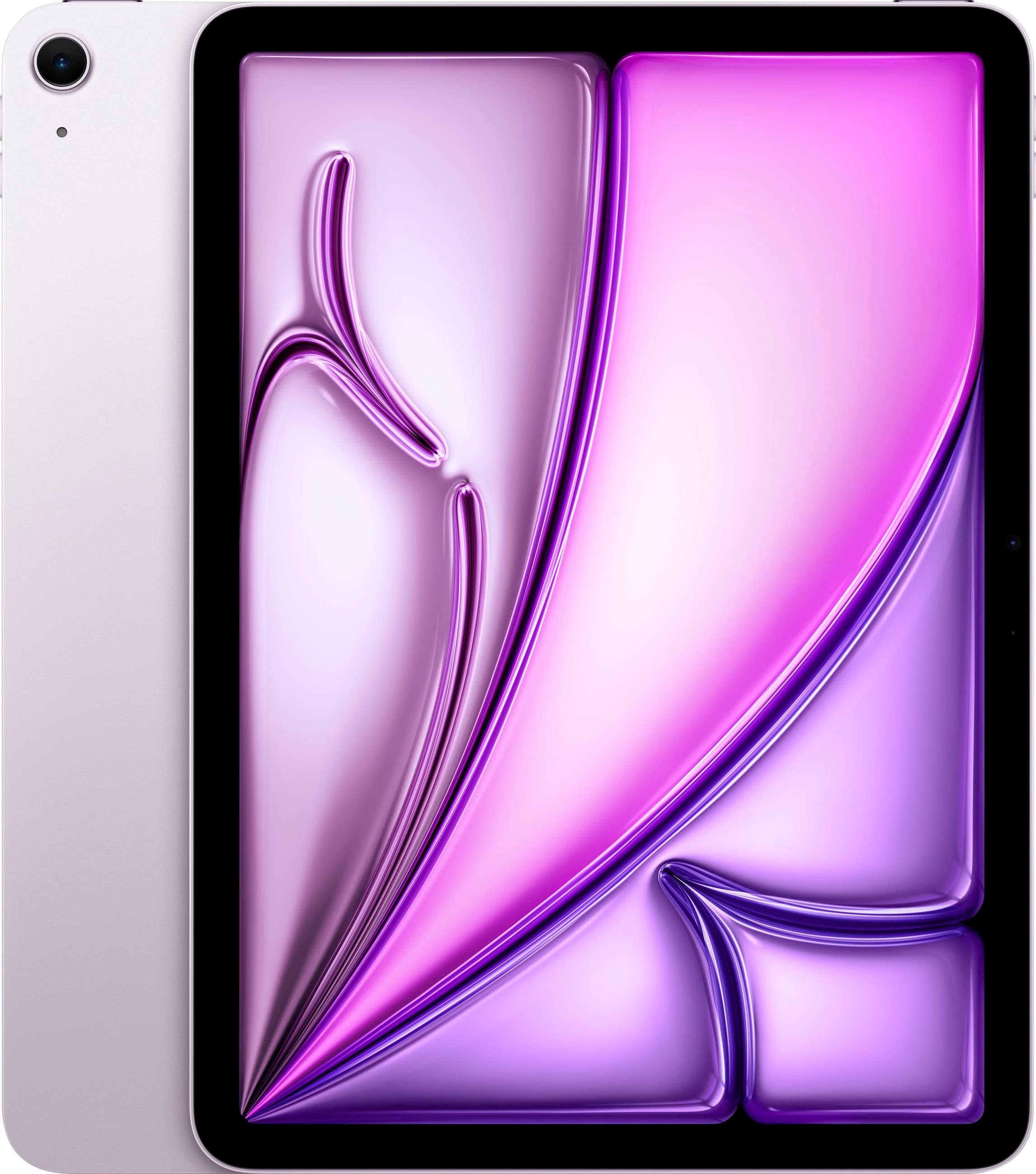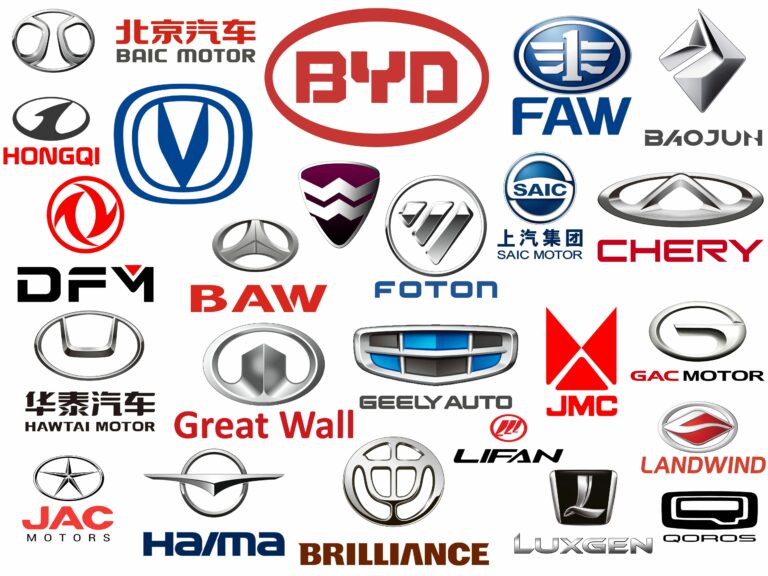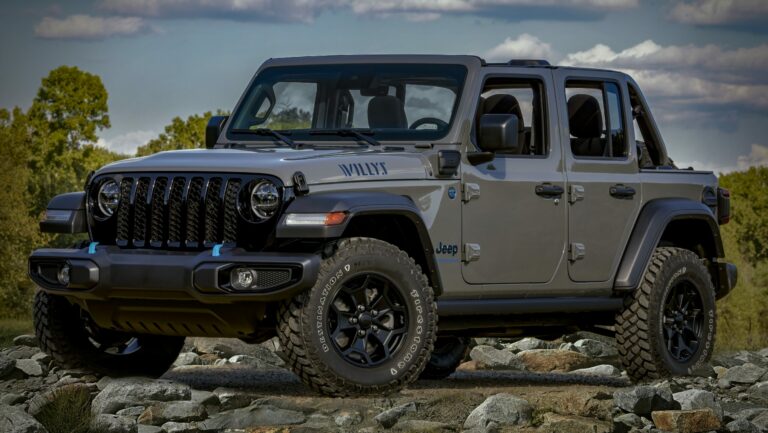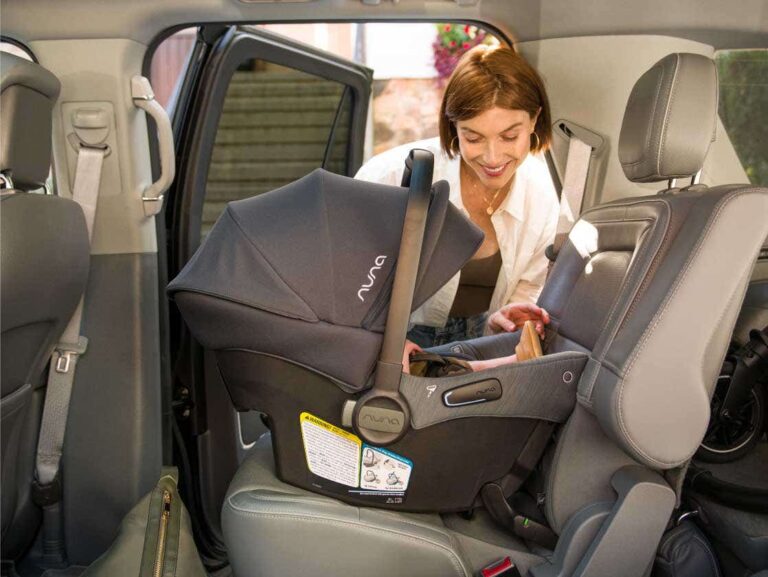Best Selling Car Brand In America: Unpacking the Pillars of Automotive Dominance
Best Selling Car Brand In America: Unpacking the Pillars of Automotive Dominance cars.truckstrend.com
The American automotive landscape is a dynamic arena, a constant battleground where manufacturers vie for supremacy. When we talk about the "Best Selling Car Brand in America," we’re not just discussing numbers; we’re delving into a complex tapestry of consumer trust, enduring legacies, innovative engineering, and shrewd market strategies. This title signifies more than mere volume; it reflects a brand’s profound connection with the American consumer, its economic impact, and its ability to adapt to ever-evolving tastes and technological advancements. Understanding who holds this coveted position, and why, offers invaluable insights into the pulse of the nation’s economy and its daily driving habits.
Understanding Market Dominance: The Metrics of Success
Best Selling Car Brand In America: Unpacking the Pillars of Automotive Dominance
Identifying the "best-selling" brand requires a clear understanding of the metrics involved. Sales figures are meticulously tracked annually, providing a snapshot of market share and brand performance. While a single model might achieve staggering sales (like the Ford F-Series pickup truck), the "best-selling brand" refers to the total volume of vehicles sold under a specific marque (e.g., Ford, Chevrolet, Toyota).
Several factors converge to propel a brand to the top:
- Reliability and Durability: American consumers value vehicles that are built to last and require minimal maintenance.
- Value Proposition: A balance of initial cost, features, fuel efficiency, and resale value is crucial.
- Diverse Model Lineup: Offering a wide range of vehicles—from trucks and SUVs to sedans and electric vehicles—allows a brand to capture a larger segment of the market.
- Brand Loyalty and Reputation: Generations of positive experiences build trust and encourage repeat purchases.
- Dealer Network and Service: Extensive reach and reliable after-sales support are powerful draws.

It’s important to distinguish between a "best-selling brand" and a "best-selling company" or "manufacturer." For instance, General Motors is a best-selling company that comprises multiple brands like Chevrolet, GMC, Buick, and Cadillac. However, when we speak of a single brand, Ford (primarily driven by its namesake vehicles) often stands out as the overall volume leader in the U.S. market, largely thanks to its dominant truck sales.
Ford: A Legacy of Leadership
For decades, one name has consistently topped the charts as the best-selling car brand in America: Ford. This isn’t just a recent phenomenon; it’s a testament to a deep-rooted legacy and an unwavering focus on segments crucial to the American consumer.
The F-Series Phenomenon: The cornerstone of Ford’s dominance is undoubtedly the F-Series pickup truck. For over 40 consecutive years, the F-Series has been the best-selling truck in America, and for many of those years, the best-selling vehicle overall. Its unparalleled success stems from a combination of factors:

- Workhorse Capability: The F-Series is synonymous with rugged reliability and towing/hauling prowess, essential for contractors, farmers, and everyday users.
- Constant Innovation: Ford consistently updates the F-Series with advanced technology, improved fuel efficiency (including hybrid and electric options like the F-150 Lightning), and enhanced comfort, ensuring it remains competitive.
- Brand Loyalty: Generations of families have owned F-Series trucks, fostering immense loyalty.

Beyond Trucks: While trucks are paramount, Ford’s success isn’t solely dependent on them. Its SUV lineup, including popular models like the Escape, Explorer, and Bronco, has capitalized on the nationwide shift away from sedans. Ford also maintains a strong presence in the commercial vehicle segment with its Transit vans, further bolstering its sales figures. The brand’s proactive push into electric vehicles (EVs) with models like the Mustang Mach-E and F-150 Lightning signals its commitment to future market leadership.
General Motors (GM): A Multi-Brand Powerhouse
While Ford often leads as a single brand, General Motors, as a collective entity, frequently contends for the top spot in overall vehicle sales, largely propelled by its flagship brand, Chevrolet.
Chevrolet’s Backbone: Chevrolet is GM’s volume leader, mirroring Ford’s strategy with its own immensely popular pickup truck, the Silverado. The Silverado consistently ranks as the second best-selling vehicle in America, providing a robust foundation for Chevrolet’s sales. Beyond trucks, Chevrolet boasts a strong SUV lineup, including the Equinox, Traverse, Tahoe, and Suburban, all highly popular with families. The brand also maintains a presence in sedans (though dwindling) and is actively expanding its EV offerings with models like the Bolt EUV and upcoming Silverado EV.
The GM Ecosystem: The strength of GM lies in its diverse portfolio. GMC offers premium trucks and SUVs, appealing to a different segment of the market. Buick provides accessible luxury, and Cadillac targets the high-end luxury market. This multi-brand strategy allows GM to capture a broader range of consumers, contributing significantly to its collective market share.
Toyota: The Asian Challenger with Unwavering Reliability
Toyota has consistently been a formidable competitor in the American market, often vying for the top spot, particularly in passenger car sales, and increasingly in the overall market. The brand’s success is built on a different, yet equally powerful, foundation: unwavering reliability and exceptional resale value.
Sedan and SUV Prowess: While American brands dominate trucks, Toyota has long been the king of sedans with its legendary Camry (often the best-selling non-truck vehicle) and the popular Corolla. However, Toyota has masterfully adapted to the SUV craze with best-sellers like the RAV4 (often the best-selling SUV in the U.S.) and the Highlander.
Hybrid Leadership: Toyota pioneered hybrid technology with the Prius and has since integrated its efficient hybrid powertrains across a wide range of its lineup, including the RAV4 Hybrid and Highlander Hybrid. This focus on fuel efficiency and environmental consciousness resonates deeply with a significant portion of the American populace.
Global Reach, Local Appeal: Toyota’s global manufacturing prowess and supply chain efficiency allow it to offer high-quality vehicles at competitive prices. Its reputation for low maintenance costs and longevity makes it a highly practical and financially sound choice for many consumers, fostering immense brand loyalty.
The Evolving Landscape: EVs, SUVs, and Shifting Preferences
The automotive market is never static, and recent years have seen significant shifts that continue to redefine the landscape of best-selling brands.
- The SUV/Crossover Boom: The definitive shift from sedans to SUVs and crossovers has profoundly impacted sales. Brands that quickly adapted and offered compelling SUV lineups have thrived, while those slower to react have seen their market share erode.
- The Rise of Electric Vehicles (EVs): While still a smaller percentage of the overall market, EV sales are growing rapidly. Tesla, a relatively new player, has quickly become the dominant force in the EV segment, challenging traditional automakers. As more established brands like Ford, GM, and Toyota roll out their own competitive EV offerings, the landscape of best-selling brands could see significant disruption.
- Technology and Connectivity: Modern consumers demand advanced infotainment systems, driver-assistance features, and seamless smartphone integration. Brands that deliver on these technological expectations gain a competitive edge.
- Supply Chain Challenges: Recent global events, particularly semiconductor shortages, have significantly impacted vehicle production and sales, often prioritizing higher-margin vehicles like trucks and SUVs. This has temporarily skewed sales figures but highlights the resilience and adaptability required for market leadership.
How Consumers Choose: Factors Beyond Sales Figures
While a brand’s best-selling status is a strong indicator of its market acceptance, individual consumers make choices based on a multitude of factors specific to their needs.
- Reliability & Durability: A cornerstone for long-term ownership satisfaction.
- Resale Value: A significant financial consideration, especially for those who plan to upgrade in a few years.
- Fuel Efficiency: Increasingly important with fluctuating gas prices and environmental concerns.
- Safety Features: Advanced driver-assistance systems (ADAS) are now standard expectations.
- Technology & Infotainment: User-friendly interfaces, connectivity, and premium audio systems enhance the driving experience.
- Price & Value Proposition: The balance between initial cost and the features/benefits offered.
- Brand Reputation & Loyalty: Personal experiences, family tradition, and word-of-mouth recommendations play a huge role.
- After-Sales Service: The quality of maintenance, repairs, and customer support from the dealership network.
Practical Advice and Actionable Insights
For a consumer, knowing the best-selling car brand isn’t just about trivia; it’s about understanding market trends and potential quality indicators. However, it’s crucial to remember that "best-selling" doesn’t automatically mean "best for you."
- Define Your Needs: Before looking at any brand, determine your priorities: budget, passenger capacity, cargo space, fuel economy, specific features, and intended use (daily commute, family trips, heavy hauling).
- Research Beyond Sales Figures: While best-sellers are popular for a reason, delve into detailed reviews, consumer reports, and long-term reliability studies for specific models you’re considering.
- Consider Total Cost of Ownership: Factor in not just the purchase price, but also insurance, fuel costs, maintenance, and projected resale value.
- Test Drive Extensively: Never buy a car without a thorough test drive. Pay attention to comfort, handling, visibility, and how the technology integrates into your driving.
- Compare and Contrast: Look at competing models from different brands, even if they aren’t the absolute top sellers. You might find a hidden gem that perfectly suits your needs.
- Don’t Forget After-Sales Service: A great car can be marred by poor dealership service. Research local dealer reputations.
Leading Models from Top-Selling Brands (Representative Pricing)
While "Best Selling Car Brand" doesn’t have a single price, here’s a table showcasing representative top-selling models from the leading brands, highlighting what makes them popular:
| Brand | Top-Selling Model | Segment | Starting MSRP (Approx.)* | Key Selling Point(s) |
|---|---|---|---|---|
| Ford | F-150 | Full-size Truck | $36,570 | Unmatched towing/hauling, broad trims, advanced tech, strong resale, hybrid/EV options. |
| Explorer | Mid-size SUV | $37,000 | Spacious 3-row seating, strong performance, popular family hauler. | |
| Chevrolet | Silverado 1500 | Full-size Truck | $36,800 | Robust capability, diverse engine options, comfortable interior, competitive pricing. |
| Equinox | Compact SUV | $27,900 | Affordable, practical, good fuel economy, popular for daily commuting. | |
| Toyota | RAV4 | Compact SUV | $29,000 | Exceptional reliability, strong resale value, available hybrid, practical interior. |
| Camry | Mid-size Sedan | $26,900 | Legendary reliability, fuel efficiency, comfortable ride, strong resale value. | |
| Honda | CR-V | Compact SUV | $29,500 | Refined driving experience, spacious interior, excellent fuel economy, high safety ratings. |
| Civic | Compact Sedan | $23,950 | Fun to drive, stylish, excellent fuel efficiency, reputation for reliability. |
*Note: Starting MSRPs are approximate for base models and can vary significantly based on trim level, options, and market conditions. Prices are subject to change.
Frequently Asked Questions (FAQ)
Q1: Who is currently the best-selling car brand in America?
A1: While the exact figures can fluctuate slightly quarter-to-quarter and year-to-year, Ford has historically held the title of the best-selling brand in America for many years, largely driven by the overwhelming sales of its F-Series pickup trucks and robust SUV lineup. General Motors (as a company, including Chevrolet) and Toyota are consistent strong contenders.
Q2: Does "best-selling" mean it’s the best quality car brand?
A2: Not necessarily. "Best-selling" indicates widespread consumer acceptance and market dominance, often due to a strong balance of value, features, reliability, and brand perception. However, "best quality" can be subjective and is often measured by specific metrics like long-term reliability ratings, consumer satisfaction surveys, or crash test results, where other brands might excel.
Q3: How often do the top-selling brands change?
A3: The top few positions for best-selling brands tend to be very stable, with Ford, Chevrolet, and Toyota consistently dominating. However, their exact ranking can shift year-on-year based on new model releases, economic conditions, and production capabilities.
Q4: What role do trucks play in these sales figures?
A4: An enormous role. Full-size pickup trucks (like the Ford F-Series and Chevrolet Silverado) are consistently the two best-selling vehicles in America, accounting for a massive volume of sales. Their high demand significantly boosts the overall sales figures of their respective brands, making truck dominance a key factor in holding the "best-selling brand" title.
Q5: Will electric vehicles (EVs) change the landscape of best-selling brands?
A5: Yes, EVs are poised to significantly alter the automotive landscape. As EV adoption grows, brands that successfully transition their core offerings to electric powertrains and innovate in battery technology and charging infrastructure will be better positioned for future market leadership. Tesla has already proven this by dominating the EV segment, and traditional brands are rapidly investing to compete.
Conclusion
The title of "Best Selling Car Brand in America" is a coveted badge of honor, reflecting a brand’s deep resonance with the American consumer and its ability to navigate a fiercely competitive market. For years, Ford has held this mantle, largely on the back of its iconic F-Series trucks and strong SUV offerings, closely followed by the multi-faceted might of General Motors and the unwavering reliability of Toyota.
However, the automotive world is in constant flux. The rise of electric vehicles, the continued dominance of SUVs, and evolving consumer expectations are reshaping the industry at an unprecedented pace. While legacy brands leverage their established trust and expansive dealer networks, new players and technological advancements promise a future where the definition of "best-selling" might evolve. For the consumer, understanding these dynamics isn’t just about knowing who’s on top, but about making informed decisions that align with personal needs in an exciting and ever-changing automotive landscape.





